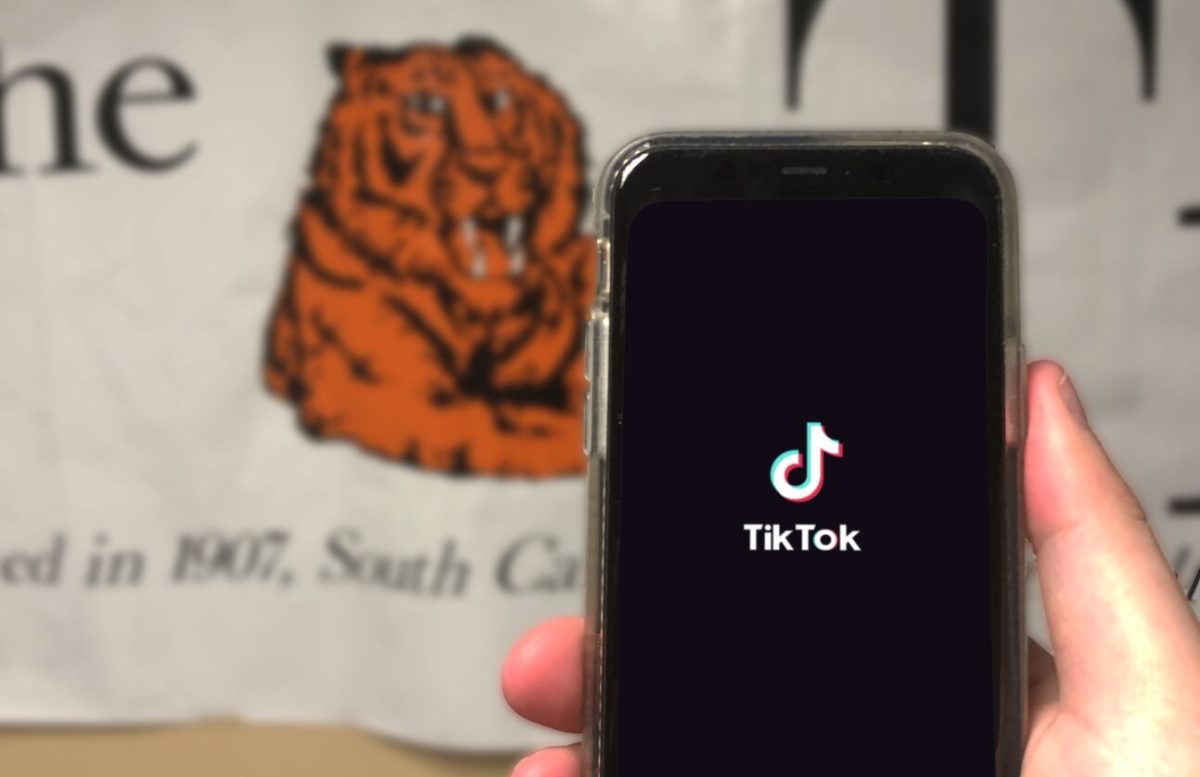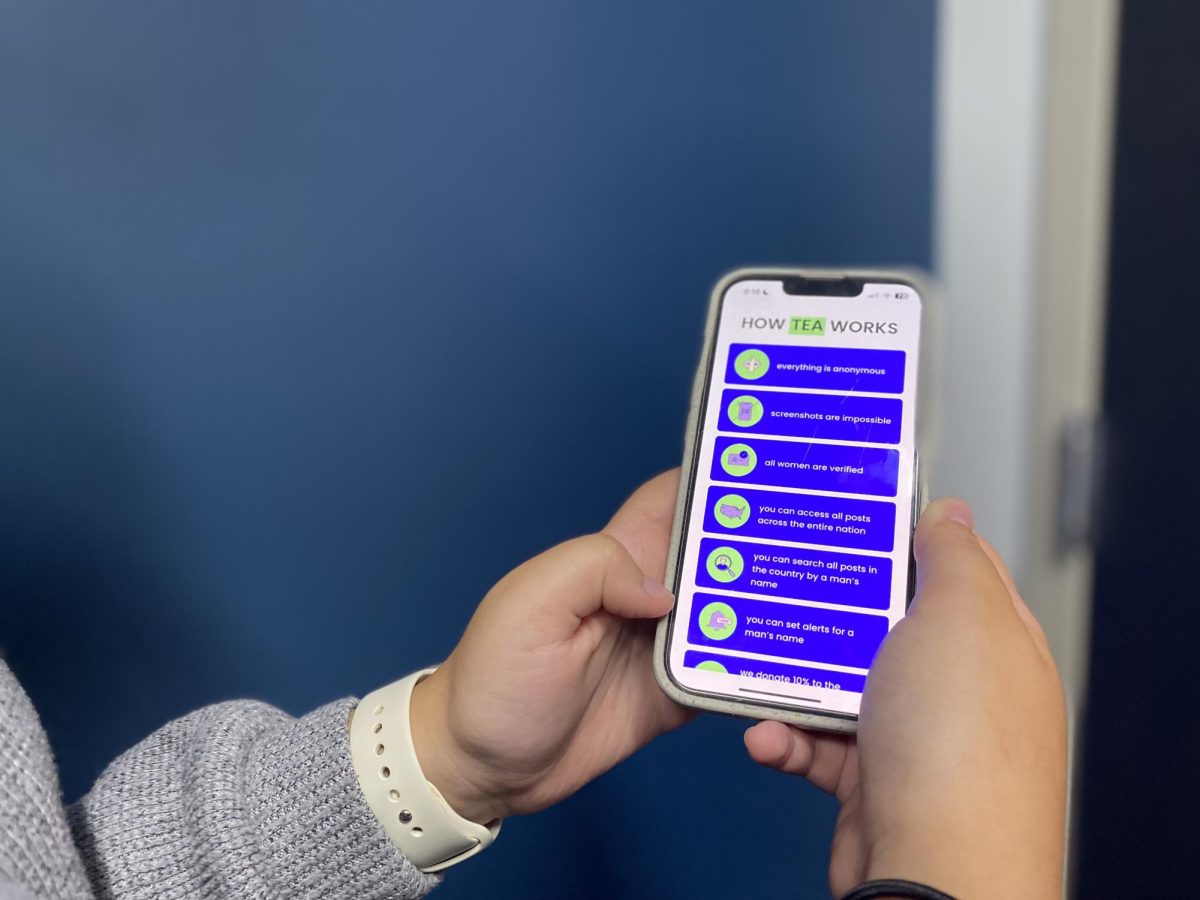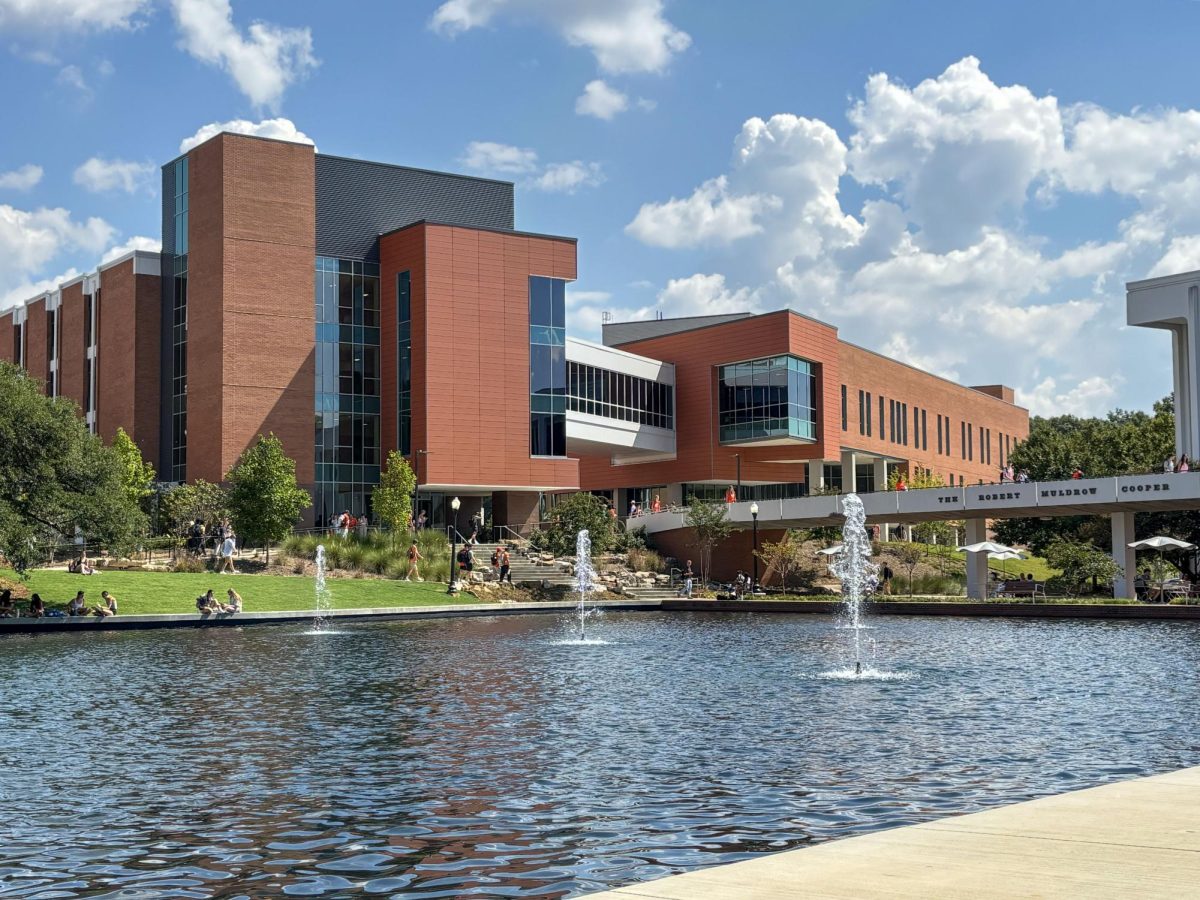Recently, the state of Tennessee passed a law that blocks transgender minors from receiving the gender-affirming care they may seek.
Effective July 1, the law would make it illegal for doctors to prescribe puberty blockers or hormones and perform gender-affirming surgeries. They also tried to pass a bill making the public performance of drag, or the performance of drag in front of a child, illegal. However, this law was recently struck down by a Tennessee judge.
The law banning gender-affirming medical treatment for minors was passed with no public comment. It made Tennessee the eighth state to pass laws targeting transgender youth.
Laws targeting the LGBTQ+ community have become increasingly common in the everyday news cycle. Politicians claim that these laws are meant to protect minors but refuse to cite how this course of treatment endangers trans youth.
On the contrary, most major medical organizations regard these treatments as both safe and effective, according to the Transgender Legal Defense & Education Fund.
Consenting individuals and their parents, if the person is under the age of 18, should be able to decide what medical treatment they wish to pursue. If the treatment is effective and safe, what right do we have to decide whether or not they can receive it?
Doctors should be the final judge of what course of safe treatment they endorse, not a judge who has never seen a day of medical school. This ruling made it harder for transgender people to express themselves fully.
The laws targeting drag performance were also cited to protect children from lewd topics, but this logic is weak. If this law had been truly put into motion to protect children, it would not have only targeted drag performers. Though participation in drag is in no way restricted to members of the LGBTQ+ community, it is heavily tied to it. This legislature was just another attempt to limit people’s expression and celebration of gender.
Both of these bills, though only the one targeting trans youth passed, are attacks on the LGBTQ+ community. You may feel as though these bills don’t affect you, but I can tell you that they do.
More and more states are moving towards passing bills like these, and South Carolina is no stranger to restricting healthcare access, given their recent moves towards classifying abortions as homicide. The more laws that get passed like this, the easier it becomes to restrict other things.
Not only does it create a slippery slope, but it can, and unfortunately will, create an unsafe environment for many people. LGBTQ+ youth won’t be able to access the care they need, and people who don’t express their gender within the typical binary structure will be even more targeted just for the way they look.
Regardless of how much you feel you are affected by the laws targeting LGBTQ+ youth, the banning of medical treatment is a slippery slope that could very quickly start to have an effect on your life.
Healey Lucier is a senior horticulture major from Hilton Head Island, South Carolina. Healey can be reached at [email protected].















